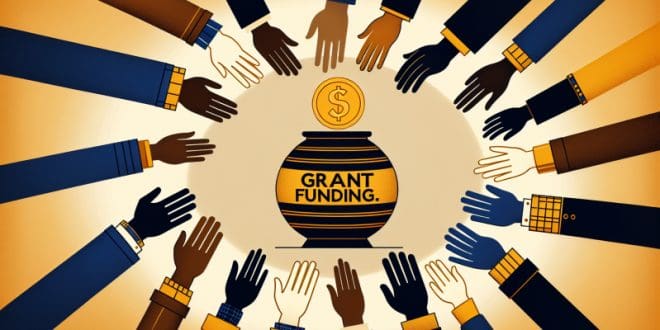In recent years, the conversation around diversity and inclusion has permeated almost every sector, including the philanthropic space. As a vital engine of societal change, grant-making is not just about the allocation of resources; it’s about who those resources are reaching and the impact they have on diverse communities. This recognition has given rise to an essential question: How can grant-making be both inclusive and effective in driving social progress?
Consider the story of a small community health initiative that, through a grant focused on diversity in leadership, managed to not only expand its reach but also provide culturally sensitive healthcare solutions that were previously unavailable. This not only improved health outcomes but empowered the community. On the other hand, there have been instances where a lack of diversity in funding allocation has resulted in missed opportunities to address critical issues within underserved populations, leading to further marginalization.
One of the key challenges facing funding organizations is ensuring that diverse organizations are not just funded for token projects but for initiatives that bring about substantial change. This includes supporting diverse leadership within these organizations. Leaders who come from the communities they serve bring invaluable perspectives and innovative approaches to problem-solving. Grant-makers can foster this by implementing policies that prioritize diversity in their funding criteria.
To measure progress in this area, benchmarks such as the percentage of grants awarded to minority-led organizations, the diversity of grant review panels, and the impact of funded programs on various demographic groups can be utilized. Such data-driven approaches allow for transparency and accountability, ensuring that the commitment to diversity is not just rhetorical but results in tangible outcomes.
As we continue to delve into this topic, we encourage conversations around how grant-making can be a tool for equity. We invite grant-makers, researchers, and nonprofit professionals to share their insights on the best practices for inclusive grant-making. Together, we can examine the policies that are shaping the future of philanthropy and, in turn, the fabric of our society.
Embracing diversity in grant-making not only enables a fair distribution of resources but also unlocks the full potential of our communities. By leveraging the diverse strengths and ideas of all sectors of society, we can collectively address the systemic issues that hinder progress. In doing so, we not only create a more equitable world but also pave the way for groundbreaking innovations that benefit us all.
 Grants Club Community
Grants Club Community







